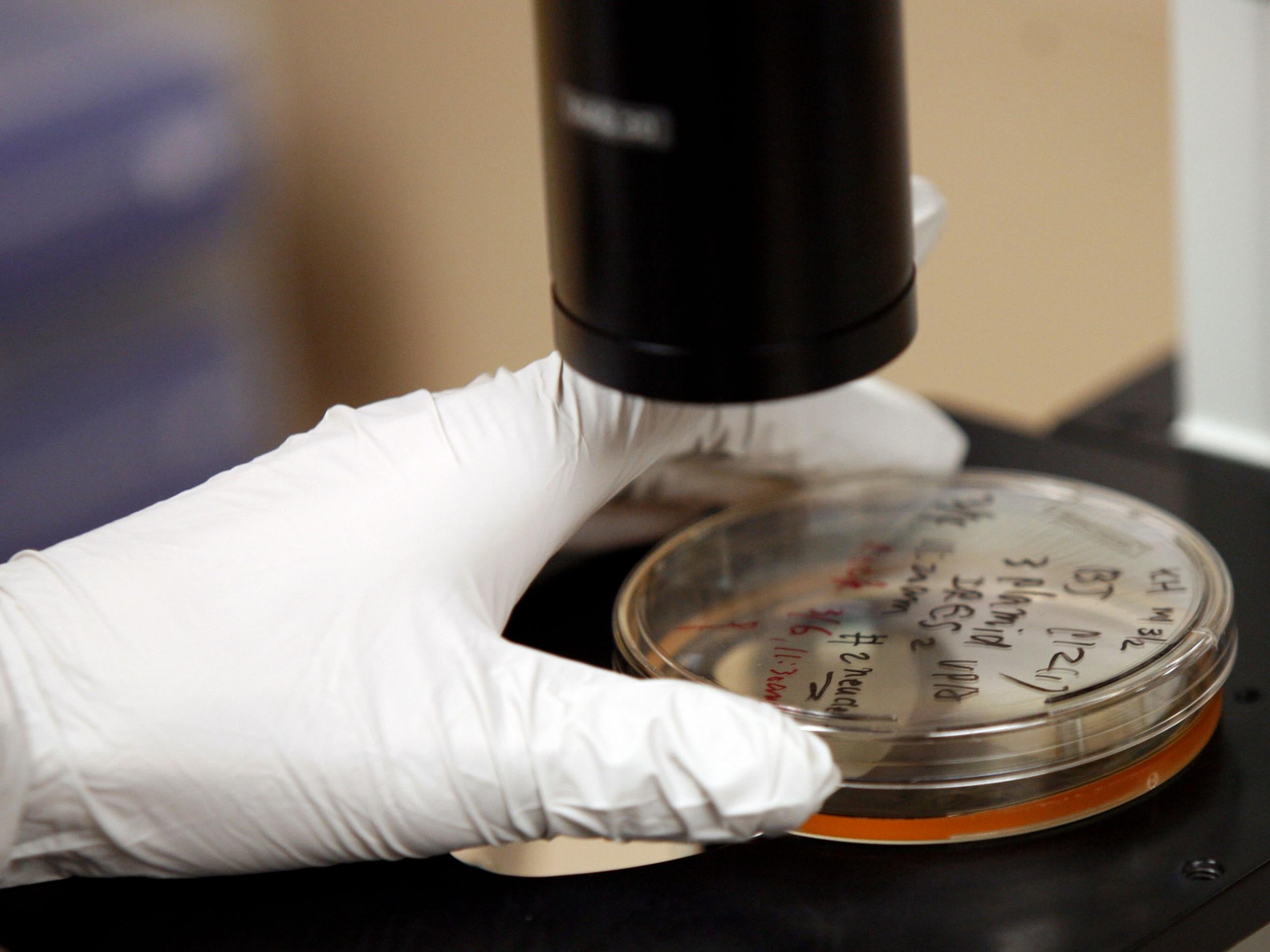Three women 'left blinded after botched stem cell trial'
The patients are said to have each paid $5,000 (£4,100) to participate in the trial

Three women have reportedly been left blind after they took part in a botched clinical trial of an unproven stem cell treatment.
The patients are said to have each paid $5,000 (£4,100) to participate in the procedure, which was advertised online and has been described by experts as “off-the-charts dangerous”.
Within a week of undergoing the therapy at a US clinic the patients, ranging in age from 72 to 88, are said to have suffered complications including vision loss, detached retinas and bleeding, according to a report in The New England Journal of Medicine.
They are now totally blind and unlikely to recover, said Thomas Albini, associate professor of clinical ophthalmology at the University of Miami, where the women were treated after the complications arose.
Experts investigating the case said the study failed to meet the most basic requirements of a properly conducted clinical trial and was not even founded on sound science.
Prior to the trial, the women were all suffering from macular degeneration, a painless eye condition that causes the loss of central vision, which is common in older people and causes people and objects to appear blurred when looking straight ahead.
Two of the three patients learned of the study in 2015 on clinicaltrials.gov, an online database run by the US National Library of Medicine.
The treatment involved combining fat tissue removed from the patients’ abdomens with enzymes to obtain “adipose-derived” stem cells.
These were mixed with blood plasma containing large numbers of platelets and injected into the women's eyes.
Unusually, both eyes were treated at once, said the report. Most experimental eye procedures are tested on one eye first so that if something goes catastrophically wrong the patient is still able to see with the other eye.
Details of the trial remain online on the site with the title “Study to Assess the Safety and Effects of Cells Injected Intravitreal in Dry Macular Degeneration”.
However the listing states: “This study has been withdrawn prior to enrolment.”
While the patients may have believed they were participating in a trial, the consent form and other materials given to them did not mention a trial, said Mr Albini.
He also said the fact that they were required to pay to take part should have been a warning sign: “I’m not aware of any legitimate research, at least in ophthalmology, that is patient-funded.”
Shoddy preparation of the stem cells may have led to some of the complications, said the study authors.
When injected into the eye, the stem cells could also have transformed into myofibroblasts, a type of cell associated with scarring.
The trial was not preceded by laboratory experiments and lacked comparison between treated patients and “control group” participants given a dummy therapy, they said.
In addition, data collection was wanting. “There was a whole list of egregious things,” said the researchers.
Even if it had been executed correctly there was no evidence that the procedure could help restore vision, they stressed, as adipose-derived stem cells are not known to mature into the photoreceptor cells that allow the eye to see.
The story has prompted warnings of the risks to patients taking part in studies of experimental stem cell therapies.
“There’s a lot of hope for stem cells, and these types of clinics appeal to patients desperate for care who hope that stem cells are going to be the answer, but in this case these women participated in a clinical enterprise that was off-the-charts dangerous,” said Professor Albini.
“We expect health care providers to take every precaution to ensure patient safety, but this definitely shows that the lack of oversight can lead to bad players and bad outcomes. It’s alarming.”
He added: “Although I can’t say it’s impossible, it’s extremely unlikely they would regain vision.”
The researchers recommended that people consult the International Society for Stem Cell Research (ISSCR) website and ensure the study they wish to participate in is linked to a recognised academic medical centre.
Leading British stem cell scientist Professor Robin Lovell-Badge, from the Francis Crick Institute in London, said: “Any patients considering undertaking treatment advertised as being based on stem cells need to explore first whether there is any preclinical data to suggest that it might be useful and safe”.
He said they should consider “whether it is part of a properly conducted clinical trial, and... whether it has already been subjected to a clinical trial and, if so, how it stood up to alternative treatment methods, again with respect to safety as well as efficacy.“
The Independent has attempted to reach the company responsible for the trial for comment.
PA
Join our commenting forum
Join thought-provoking conversations, follow other Independent readers and see their replies
Comments